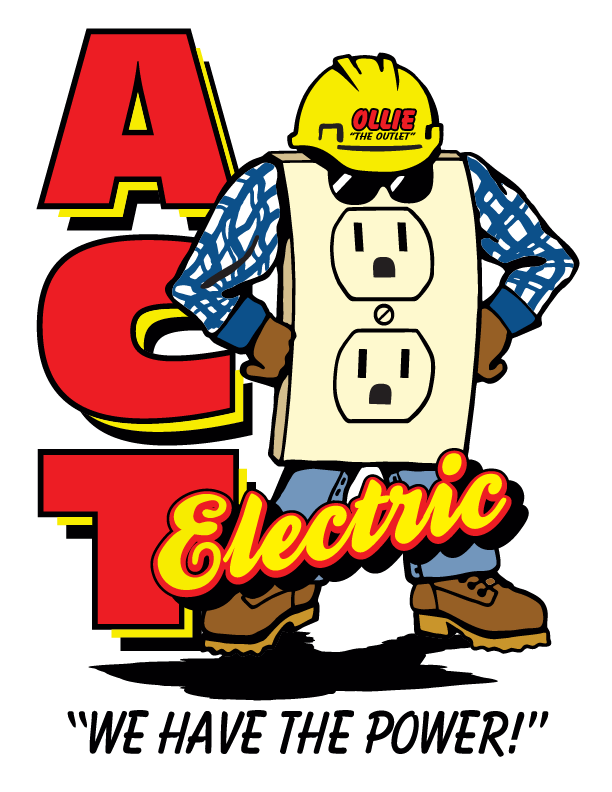Everything a Company Needs to Know About Fuse Panels in Commercial Properties
Understanding their role, functionality, and the potential need for upgrades is crucial for maintaining electrical safety and efficiency.
Fuse panels have long been a staple in electrical systems, especially in older commercial properties. Understanding their role, functionality, and the potential need for upgrades is crucial for maintaining electrical safety and efficiency. Here is an overview of everything a company needs to know about fuse panels in commercial properties.
Understanding Fuse Panels
Fuse panels serve as the main distribution point for electrical circuits in a building. They protect electrical circuits by using fuses, which are safety devices designed to prevent overcurrent. When an electrical fault takes place, the fuse blows, cutting off the electrical supply to prevent overheating and potential fire hazards. Fuse panels were commonly used before the advent of circuit breaker panels and are still found in many older commercial properties.
Functionality and Components
A typical fuse panel consists of several components, including the main fuse, individual fuses for each circuit, and the fuse holder. The main fuse protects the entire electrical system, while the individual fuses protect specific circuits. Each fuse contains a thin metal wire that melts when excessive current flows through it, interrupting the circuit and halting the flow of electricity. The fuse holder secures the fuses in place and allows for easy replacement when a fuse blows.
Advantages of Fuse Panels
Despite being an older technology, fuse panels offer several advantages. They provide a straightforward and reliable method of overcurrent protection. Fuses respond quickly to electrical faults, often faster than circuit breakers. This quick response can be beneficial in preventing damage to sensitive electrical equipment. Additionally, fuse panels are typically less expensive to install and maintain compared to modern circuit breaker panels.
Drawbacks and Limitations
However, fuse panels also have several drawbacks. One of the main limitations is the inconvenience associated with replacing blown fuses. Each time a fuse blows, it must be manually replaced, which can be time-consuming and may require an inventory of spare fuses. Fuse panels also lack the advanced safety features found in modern circuit breaker panels, such as ground fault circuit interrupters (GFCIs) and arc fault circuit interrupters (AFCIs). These features provide additional protection against electrical shocks and fire hazards. Furthermore, fuse panels may not be suitable for handling the higher electrical loads commonly found in contemporary commercial properties.
Upgrading to Circuit Breaker Panels
Given the limitations of fuse panels, many commercial properties opt to upgrade to circuit breaker panels. Circuit breaker panels offer several advantages, including easier maintenance and enhanced safety features. Circuit breakers can be reset with a switch flip, eliminating the need for fuse replacement. Modern circuit breaker panels are also designed to handle higher electrical loads and can be equipped with GFCIs and AFCIs for improved safety.
A commercial electrician can assess the existing electrical system and recommend an appropriate upgrade plan. The process typically involves replacing the fuse panel with a circuit breaker panel, rewiring circuits as necessary, and installing new breakers. This upgrade enhances the overall safety, efficiency, and reliability of the electrical system.
Maintenance and Safety Tips
For properties that continue to use fuse panels, regular maintenance is essential to guarantee electrical safety. Periodic inspections by a commercial electrical service can help track down and tackle potential issues before they become major problems. Maintenance tasks include checking for signs of wear, guaranteeing fuses are properly rated for their circuits, and keeping the fuse panel clean and free from dust and debris.
Electrical safety should always be a top priority. Educating employees about not overloading circuits and properly using electrical equipment can help prevent overcurrent situations. Keeping a supply of correctly rated replacement fuses on hand can also minimize downtime when a fuse blows. In the event of repeated fuse blows, it is essential to consult a commercial electrician to identify and rectify the underlying cause.
The Role of a Commercial Electrician
Engaging the services of a qualified commercial electrician is crucial for maintaining and upgrading electrical systems in commercial properties. A commercial electrician can conduct thorough inspections, perform necessary repairs, and recommend upgrades to enhance electrical safety and efficiency. Whether maintaining an existing fuse panel or upgrading to a modern circuit breaker panel, professional expertise guarantees that all work is performed safely and in compliance with local electrical codes.
Fuse panels play a critical role in the electrical systems of many older commercial properties. While they offer reliable overcurrent protection, they also have limitations that may necessitate an upgrade to circuit breaker panels. Understanding the functionality, benefits, and drawbacks of fuse panels, along with the importance of regular maintenance and safety practices, helps companies make informed decisions about their electrical systems. Engaging a commercial electrical service guarantees that electrical systems are maintained and upgraded to meet the demands of modern commercial operations.

